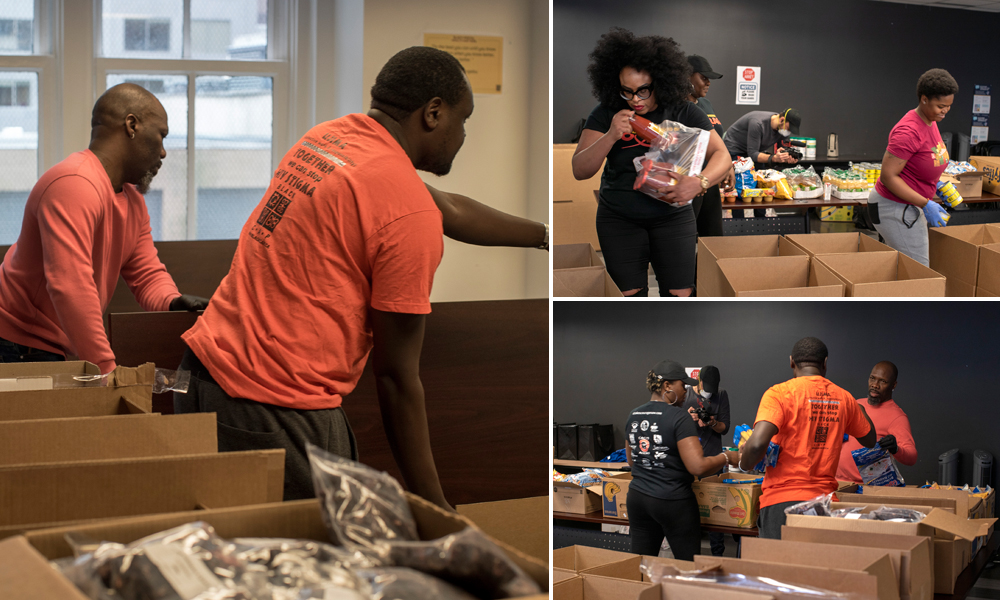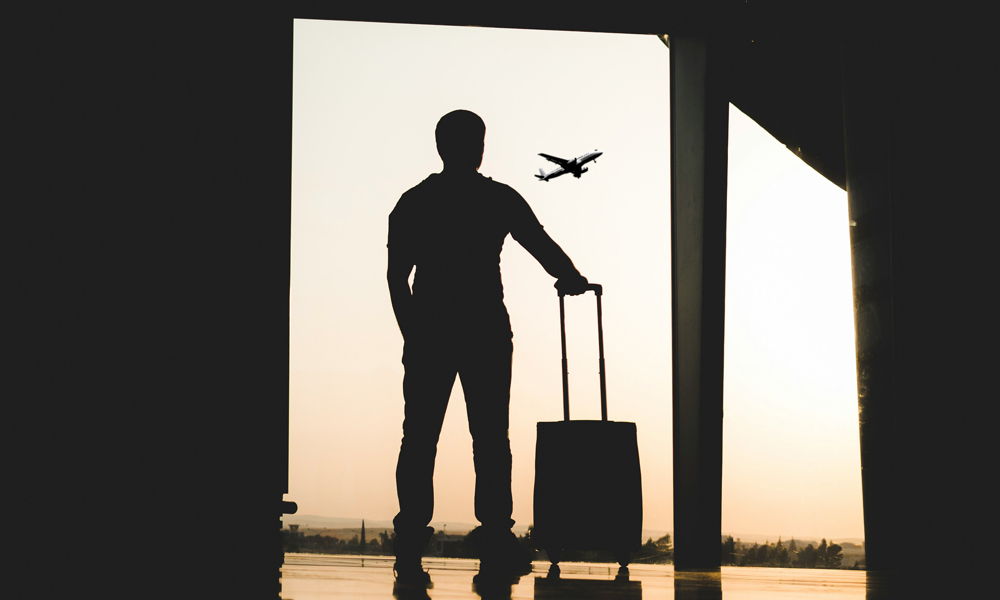The AYA Project helps low-income, African, Caribbean and Black communities in Toronto get the food they need…
By Jumol Royes
Food is an expression of love and has a way of bringing people together. It’s also a basic necessity of life that many people struggle to afford and that we all need to survive.
Launched earlier this year at the height of the COVID-19 pandemic, the AYA Project is the first food aid program in Canada tailored to African, Caribbean and Black (ACB) communities. The Black Coalition for AIDS Prevention (Black CAP), Canada’s largest Black specific HIV/AIDS service organization that also works closely with the LGBTQ2+ community, runs the program and distributes food packages to low-income ACB households in the Toronto area.
We’ve known for a while that COVID is causing more adverse effects (like food insecurity) for Toronto’s low-income and racialized populations than it is for other groups. Now there’s data to back it up. The Toronto Star recently reported “Torontonians who are Black, below the poverty line and underhoused are disproportionately represented” in COVID-19 cases.
The numbers paint a stark picture: Black people represent only nine per cent of Toronto’s population, but 21 per cent of COVID cases while households with an annual income of $29,000 or less make up just 14 per cent of the city’s population, but 27 per cent of cases.
That’s why initiatives like the AYA Project are so essential.
“This virus has ravaged the Black LGBTQ2+ community through job loss, accelerated the rate of homelessness and even prolonged exposure to the virus,” says Black CAP’s executive director, Gareth Henry.
The AYA Project has delivered packages containing a combination of basic food items and culturally specific foods to 394 households in the greater Toronto area since the start of the pandemic. Packages are meant to last up to two weeks and are available for families and individuals.
Receiving a box of food that includes rice and beans might seem like a small gesture to some, but for someone who identifies as African, Caribbean or Black, it could mean the world, especially during challenging times.
“This initiative ensures that the community receives familiar food – comfort food – in the midst of all the uncertainty,” adds Henry.
The AYA Project needs support to continue meeting the needs of the people it serves. To volunteer, donate food or make a financial contribution or to simply help spread the word, visit their website at www.blackcap.ca.
Watch the video below to find out more about the impact the AYA Project is having in the community:
—
JUMOL ROYES is a Toronto area storyteller, communications strategist, and glass-half-full kinda guy. He’s interested in issues around community, identity and belonging and has a love of all things Real Housewives. Follow him on Twitter @Jumol and on Instagram @jumolroyes.






POST A COMMENT